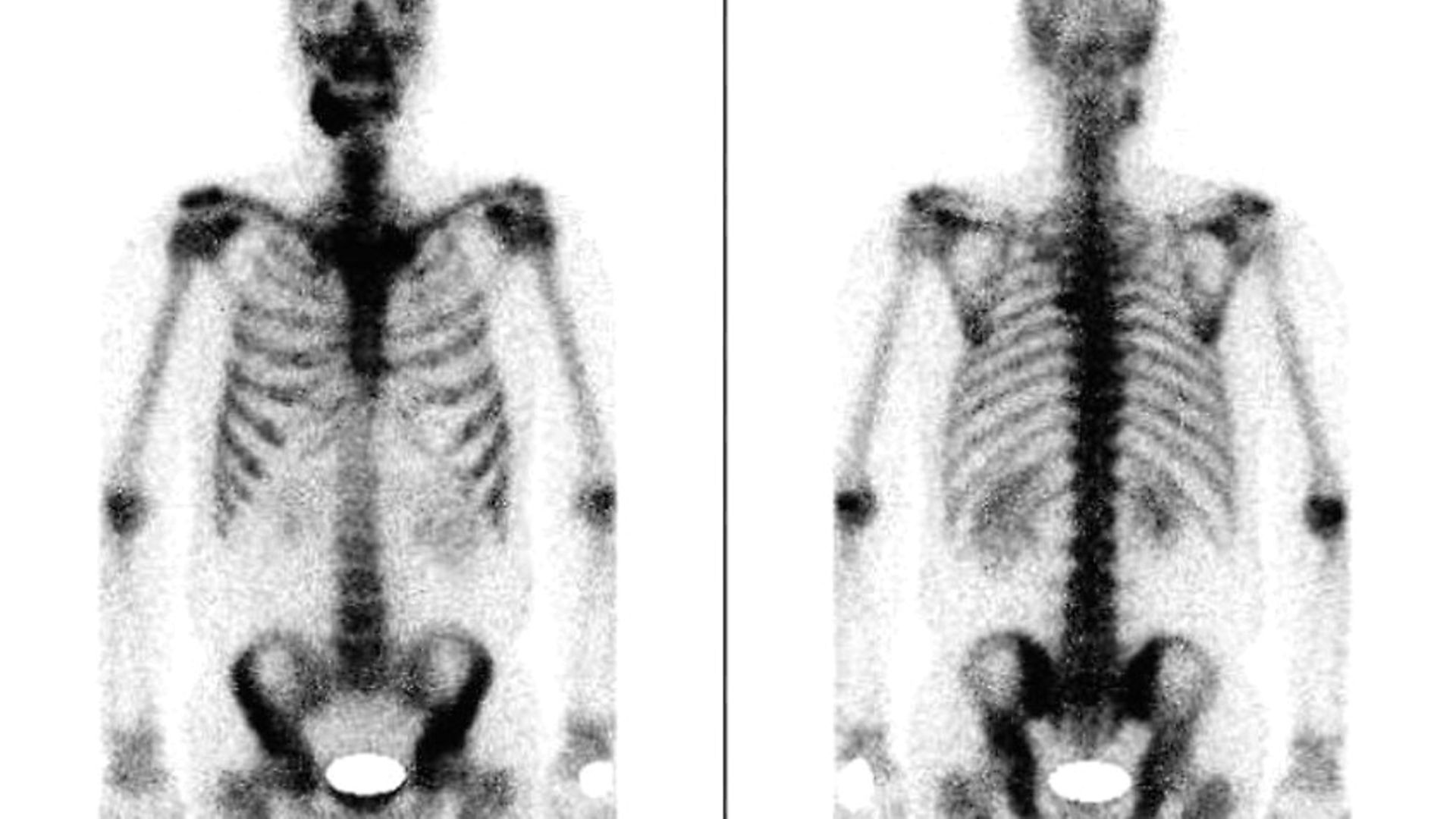
Ministers’ failure to address the implications of withdrawal from Euratom could have dangerous consequences, warns MIKE GALSWORTHY.
As the clock ticks down to March 29, 2019, more and more European frameworks of collaboration look to be slipping off the Brexit plate.
The concept of a ‘no deal’ departure from the EU is dangerous because it means more than just trading on WTO rules. It also means forgoing basic agreements for science, financial passporting, European Medicines Agency (EMA), REACH rules for chemicals, Erasmus+, cross-border healthcare (EHIC), Copernicus & Galileo space programmes, flight agreements (Open Skies), aircraft safety (EASA), citizens’ rights, Europol, defence, and, among many others, Euratom, the 60-year-old treaty that safeguards nuclear materials, including radioisotopes used in medical scans and cancer treatment.
Our buccaneering Brexit government appear utterly incapable of handling the bountiful workload they have set themselves and the fallout, to use an apt word, is hard to predict.
To leave Euratom on March 29 next year, would threaten the supply and cost of medical isotopes that provide half a million scans in England and treat 10,000 patients across the UK annually.
The most important material is Technetium-99m, which is used for 90% of medical radioisotope interventions. It has a half-life of just six hours, so is generally prepared on the day of use. It is prepared from Molybdenum-99, which is not produced in the UK and cannot be stockpiled due to its half-life being 66 hours.
Any interruptions to the fragile flow of supply can put those scans and treatments at risk. From 2008-2010 there was a serious shortage of radioisotopes due to the prolonged shutdown of supply reactors in Canada and the Netherlands. Dr Philippa Whitford MP, a Member of the European Scrutiny Committee on Euratom, said: ‘I was working as a breast cancer surgeon during the Technetium shortage which lasted well over a year. During that time we were faced with having to ration bone scans to only the most urgent or worrying cases.’
The government has waved a dismissive hand saying that all will be fine. But trust in them is wearing very thin. Plans to leave Euratom were first announced in the small-print of the Article 50 Bill. No-one in the nuclear or scientific industry had been forewarned. The government said it was a legal necessity, which lawyers promptly disputed.
Even the government’s Business Committee attributed the decision to the PM’s choice to draw a red line at anything with European Court of Justice (ECJ) oversight.
When the nuclear industry said it could not fix the problem alone within two years and wanted more time, the government ignored them, voting against an amendment to exclude Euratom from the Article 50 Bill.
When nuclear medicine professionals warned of disruptions to medical isotopes, Damian Green, the then First Secretary of State, accused them of ‘scaremongering’.
In turn, the Nuclear Industry Association accused him of misleading MPs. To this day, there is still no government impact assessment of leaving Euratom.
Last November, the EU Home Affairs Sub-Committee took evidence from medical practitioners on the health implications of leaving Euratom. The witnesses were concerned that the government had not provided answers. Yes, the EU countries could still supply to states outside the EU, but disruptions to the current finely-tuned system can be very costly.
Dr John Buscombe, president-elect of the British Nuclear Medicine Society, explained that most radioisotopes from the EU ‘come on a van through the Channel Tunnel at night… if however, that is all clogged up with lorries trying to get through customs, how does my little van with my radioisotope get through, even if it is a priority product?’
Yes, radioisotopes could be flown into the UK, where current airport capacity to handle that process would need to be boosted. However, some countries like the Netherlands do not allow radioisotopes to be put on planes.
So orders could be increased from South Africa.
But flying radioisotopes from that distance is more costly – and also they lose 20% radioactivity due to the extra transport time. That costs more too. As the majority of the supply is currently from the EU, an association agreement with Euratom would be ideal to bridge problems in the short term.
However, the deal would need to be checked with countries like the US, which have deals with Euratom already. Also, the UK does not currently qualify for Euratom association and Switzerland, which did, took longer than expected to develop an association agreement.
This could all leave patients in limbo – or just add increasing costs to our strained NHS. All this is because Theresa May drew a red line at ECJ oversight, even though the ECJ has never passed a ruling on Euratom that the UK has disagreed with.
Our government’s behaviour on all things Brexit is bizarre and dangerous. There was never any need to leave Euratom, certainly not in any hurry, without due consultation, preparation or forewarning.
Yet the government presses on, like stubborn and vain First World War generals with half-cooked plans, sending our NHS and patients into danger for their own ‘dulce et decorum est’ glory.
Dr Mike Galsworthy is founder of Scientists for EU
This Saturday, January 27, the European Movement UK is organising an Action Day across the country focused on Euratom, the NHS and medical isotopes. To join your local event, visit www.europeanmovement.co.uk









